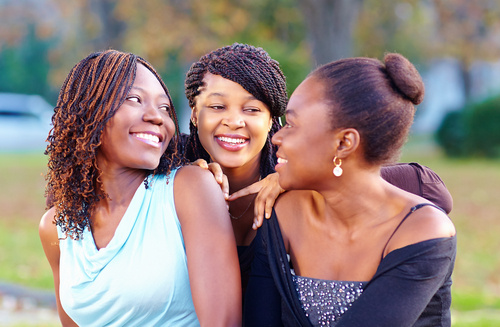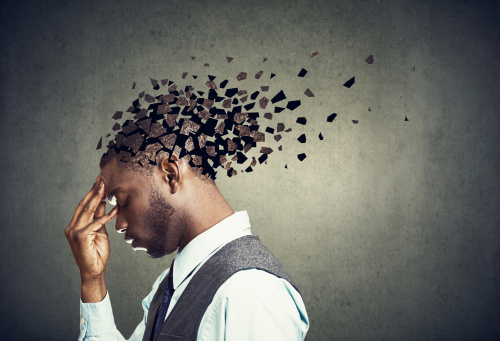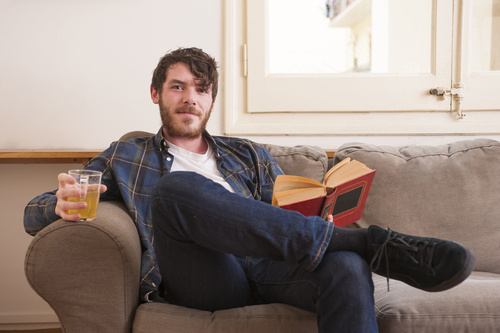Overcoming Addiction in the LGBTQ+ Community: Challenges and Support
LGBTQ+ is an acronym for lesbian, gay, bisexual, transgender, and queer/ questioning that is colloquially used to describe an individual’s sexual orientation or gender identity. People that identify as non-heterosexual or non-cisgender may also consider themselves members of the LGBTQ+ community. Though the federal government has taken steps (e.g. Title VII of the Civil Rights Act of 1964) to actively protect LGBTQ+ community members against discrimination on the basis of gender identity and/ or sexual orientation, the deeply engrained stigma lingers. Gender dysphoria is a diagnosis that is listed in the Diagnostic and Statistical Manual of Mental Disorders, Fifth Edition (DSM-5) to enable access to care for LGBTQ+ members. The Mayo Clinic explains that “gender dysphoria is a feeling of discomfort or distress that might occur in people whose gender identity differs from their sex assigned at birth or sex-related physical characteristics.” Gender dysphoria is not a mental illness, however the disconnect that occurs between a person’s assigned sex at birth and one’s internal sense of self can result in undue pain and distress.
Individuals that identify as members of the LGBTQ+ community often face a plethora of adverse challenges. LGBTQ+ members are often subject to hate crimes (e.g., physical and/ or emotional abuse, threats, public humiliation, etc.), sexual orientation discrimination, and/ or rejection from loved ones. Psychology of Addictive Behaviors states that LGBTQ+ members are at higher risk of alcohol and/ or drug abuse than non-LGBTQ+ members. An estimated 20 to 30% of the LGBTQ+ community abuse substances, compared to about 9% of the population as a whole.
Substance Use Disorder
Addiction, or substance use disorder (SUD), is listed in the DSM-5 as a chronic, relapsing brain disorder. According to the American Psychiatric Association, substance use disorder is a “complex condition in which there is uncontrolled use of substance despite harmful consequence.” Data from 2022 presented by the National Center for Drug Abuse Statistics, indicate that addiction affects over 20 million Americans aged 12 and older. Addiction can be framed as a repeating cycle with different stages. These recurring stages are called a cycle because they generally progress in a repetitive pattern until some form of treatment takes place to intervene and alleviate the addiction. Overcoming addiction in the LGBTQ+ community requires a comprehensive approach that addresses the unique challenges that LGBTQ+ individuals face.
LGBTQ+ Friendly Recovery Programs
Individuals that identify as part of the LGBTQ+ community may find attending a LGBTQ+ treatment program advantageous. Working with mental health clinicians that have received training and are familiar with the needs of LGBTQ+ are better equipped to provide ample, tailored substance abuse and/ or addiction treatment support. For example, it is common practice for clinicians to integrate LGBT affirmative therapy into any component of one’s treatment plan when working with a person that identifies as a member of the LGBTQ+ community. LGBT affirmative therapy is a form of psychotherapy used to “validate and advocate for the needs of sexual and gender minority clients.” It can help empower an individual to learn to effectively navigate the unique challenges associated with being a member of the LGBTQ+ community. Therapy and treatment approaches that are free of judgment and inclusive of all are fundamental in a LGBTQ+ friendly recovery program.
For Information and Support
Substance abuse and addiction can be incredibly dangerous and can result in severe short and long-term consequences. If you or someone you know is suffering from substance abuse or addiction, please get help as soon as possible. The earlier you seek support, the sooner you and your loved ones can return to leading happy, healthy, and fulfilling lives. There is no reason to go through this alone, and we are here to help. Please feel free to reach out to us for further information or with any questions regarding substance abuse or addiction. We are available anytime via telephone at: 213-389-9964, or you can always email us at: info@friendlyhousela.org.



